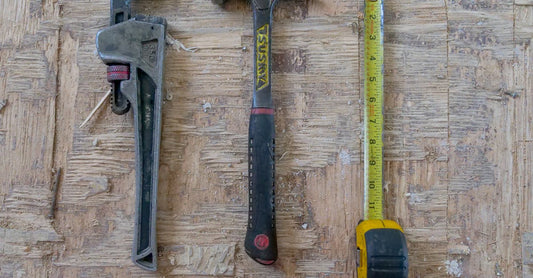CON-duk-ter
Noun
A person in charge of a construction crew
Example usage: The conductor was responsible for the daily tasks of the construction crew.
Most used in: Construction sites in the United States.
Most used by: Construction workers and supervisors.
Popularity: 8/10
Comedy Value: 2/10
Also see: Cable Tray, Runway, Bus Bar, Raceway,
What is a Conductor in Electrician Construction?
A conductor is a material that allows the flow of electricity or electrical current. It is an essential component in any electrical system and is used in a variety of applications, such as wiring, circuit boards, and transformers. The most common type of conductor is copper, which is used in electrical wiring and is also the most efficient conductor.
In electrician construction, a conductor is used to connect two or more electrical components together. This is done by running a wire from one component to the other, which carries the electrical current. The conductor must be able to withstand the current and voltage that is being passed through it. This is why copper is the most commonly used conductor for electrical wiring.
The size and type of conductor used in electrician construction depends on the application. For example, larger conductors are used in high-voltage applications, while smaller conductors are used in low-voltage applications. The size of the conductor also affects the amount of current that can be passed through it. According to the National Electrical Code, conductors should be sized according to the amount of current that will be flowing through them.
Conductors are also used to protect against electrical shock. The National Electrical Code requires that all electrical wiring be covered in an insulation material to prevent shocks. This material must be rated according to the amount of current that is being used. The insulation is necessary to keep the electricity from coming into contact with people or objects.
Conductors are a vital part of any electrician construction project. The size, type, and insulation of the conductor must be chosen carefully to ensure that the electrical system is safe and efficient. According to the National Electrical Code, it is important to use the right conductor for the job to ensure that the system is safe and efficient.
.The Origins of the Word 'Conductor'
The term 'conductor' first appeared in the 17th century, at a time when electricity was still a mysterious and relatively unknown force. The term was used to refer to the material that was used to connect two points in an electrical circuit. In this context, the material was often a metal rod or wire.
By the late 19th century, the term was used to refer to a person with specialized knowledge of electricity and its applications. This individual was responsible for connecting the various components of an electrical circuit, and for ensuring that the circuit was working properly.
Today, the term 'conductor' is used to refer to an electrician who specializes in the installation, maintenance, and repair of electrical systems. This individual is responsible for ensuring that all electrical systems are safe and functioning correctly.




